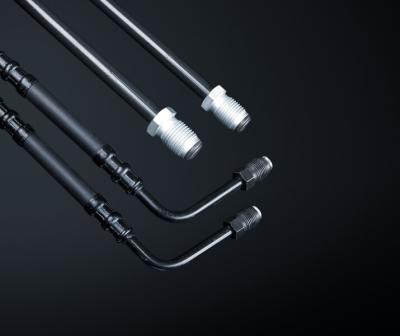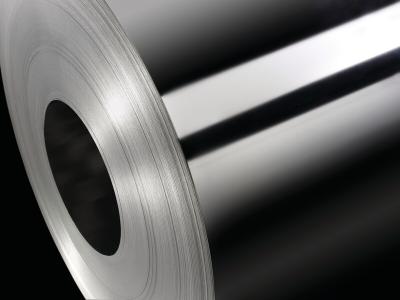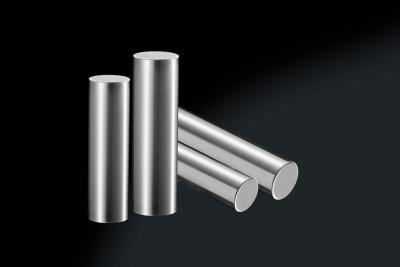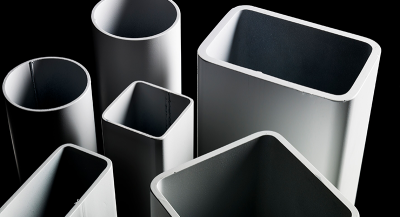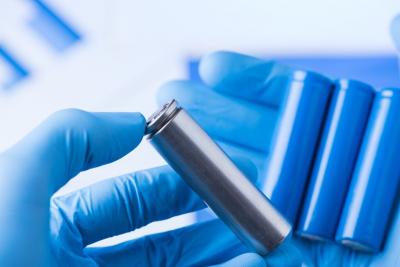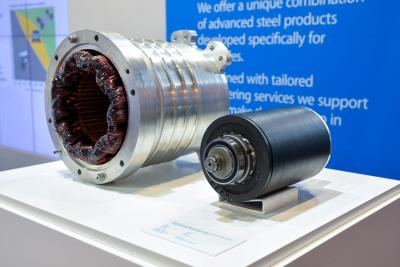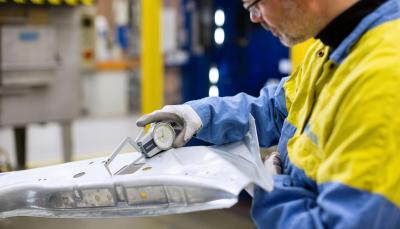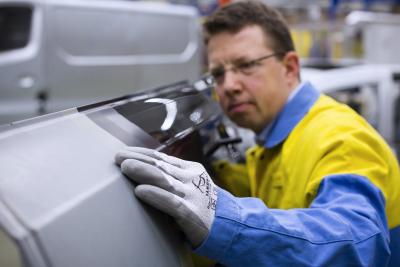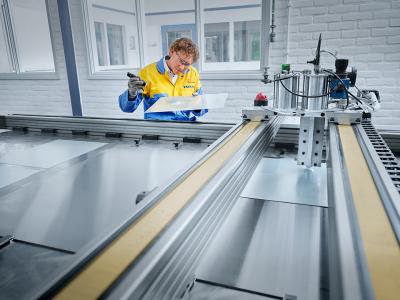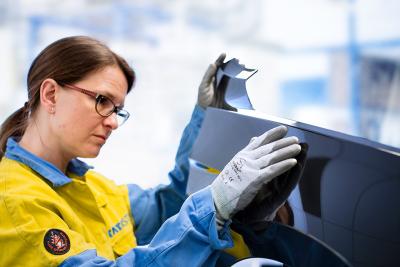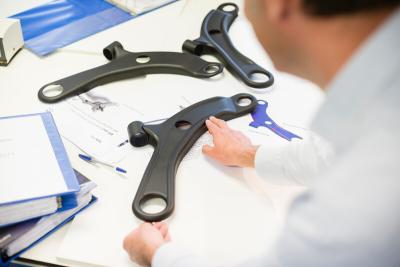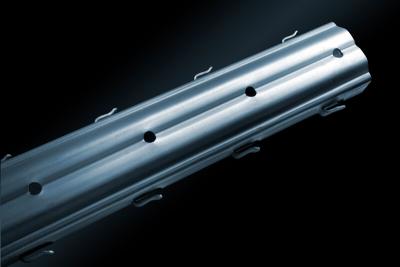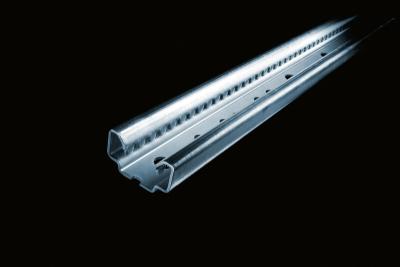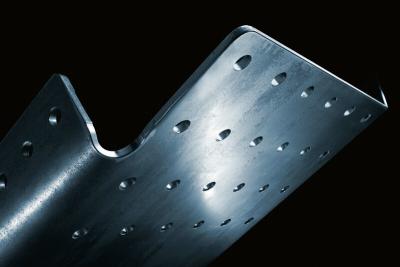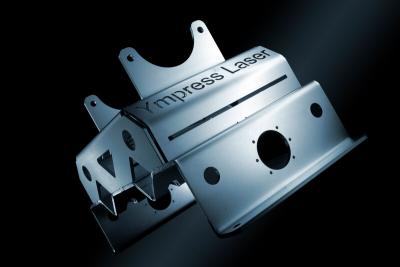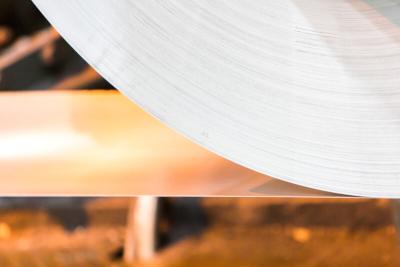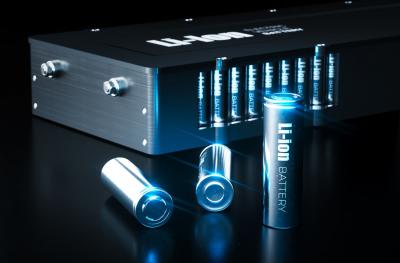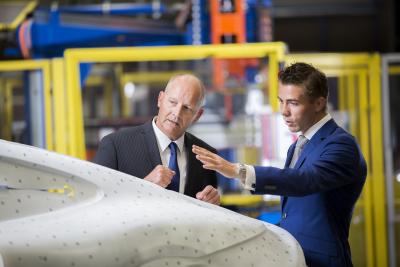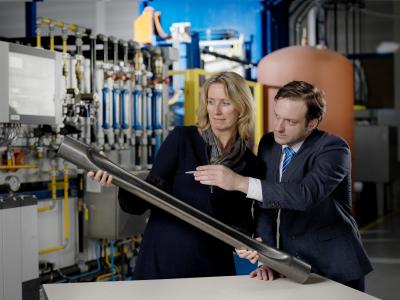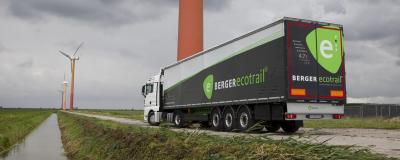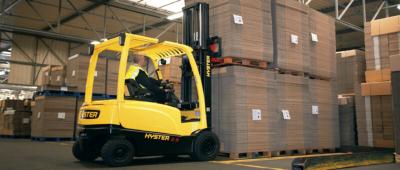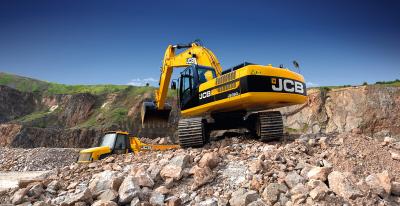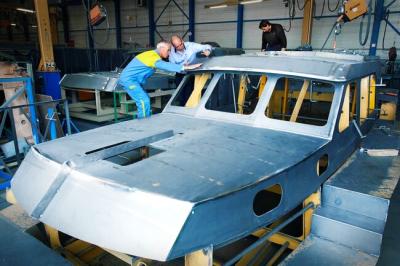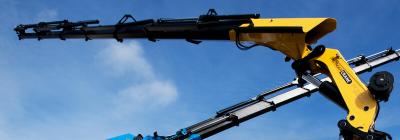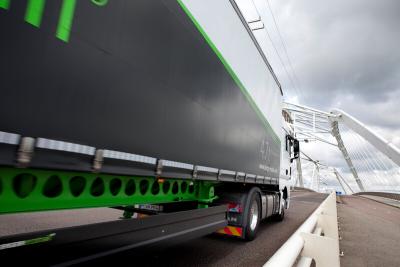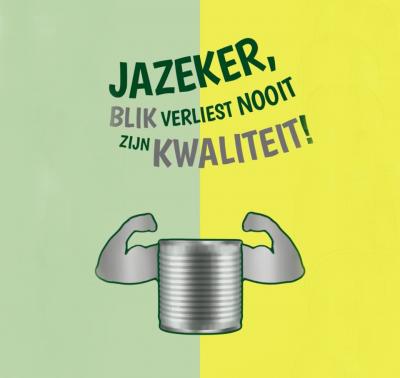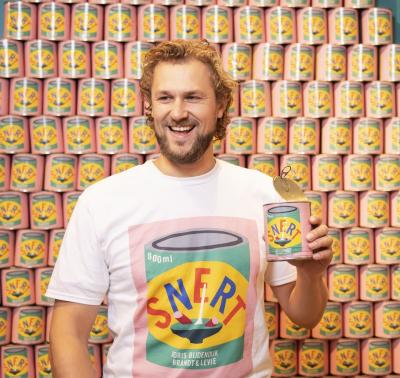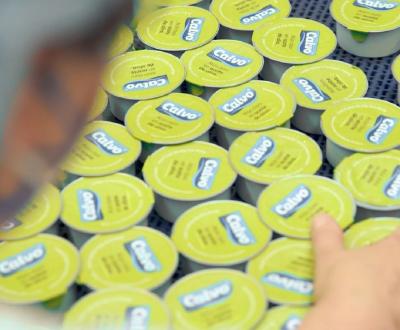Tata Steel and Rio Tinto have signed a licensing agreement to further support technological and commercial development of the environmentally friendly direct iron smelting process called HIsarna ™.
The agreement covers how both parties will work together, sharing their existing knowledge of the two technologies that are combined in the new process. It also covers how benefits from future successful marketing of the technology will be made available to both parties, as well as to the members of ULCOS, the consortium of European steelmakers in whose name the project is being carried out. The agreement was signed last week by Dr Debashish Bhattacharjee, Group Director, Tata Steel Research, Development & Technology (RD&T), and Rio Tinto, represented by Mr Sam Walsh, Chief Executive, Rio Tinto Iron Ore.
The HIsarna ™ ironmaking process consists of cyclone pre-reduction technology (CCF), owned by Tata Steel, and bath smelting technology (HIsmelt) owned by Rio Tinto. This combination offers excellent opportunities for the collection and geological storage of CO2, the ability to utilise lower-cost raw material feeds, and the prospect of energy savings through the elimination of stages in the ironmaking process that are necessary today. The technology has the long-term potential to replace conventional blast furnaces, coke ovens and sinter plants and to reduce CO2 emissions by more than 50% if combined with Carbon Capture and Storage (CCS).
The MD and CEO of Tata Steel in Europe, Dr Karl-Ulrich Köhler, said: “Commissioning of the HIsarna pilot plant represents a potentially key step towards a compact and low-cost ironmaking process with a significantly reduced environmental impact. The plant demonstrates one of the first and most promising ways in which the European steel industry is developing breakthrough technologies in response to the challenge of climate change.”
Funded jointly by ULCOS, the European Commission and the Dutch Ministry of Economic Affairs, a HIsarna ™ pilot plant is being commissioned at Tata Steel’s IJmuiden steelworks in the Netherlands. The 60,000tpa plant is intended to allow the two constituent technologies to be tested in combination.
Over the next few years this facility will be used to optimise the HIsarna ™ technology. Beyond the IJmuiden pilot plant, a longer development path is foreseen which will involve a scaled-up version of the smelter. The international project team, led by Mr Koen Meijer of Tata Steel RD&T, has members from Tata Steel, Rio Tinto and ULCOS.
Ends
For further information, please call:
Bob Jones; Tel +44 (0)207 717 4532; bob.jones@tatasteel.com
About Tata Steel in Europe
The European operations of Tata Steel (formerly known as Corus) comprise Europe's second largest steel producer. With main steelmaking operations in the UK and the Netherlands, they supply steel and related services to the construction, automotive, packaging, material handling and other demanding markets worldwide. Tata Steel is one of the world’s top ten steel producers. The combined group has an aggregate crude steel capacity of more than 28 million tonnes and approximately 80,000 employees across four continents.
About Rio Tinto
Rio Tinto is a leading international mining group headquartered in the UK, combining Rio Tinto plc, a London and NYSE listed company, and Rio Tinto Limited, which is listed on the Australian Securities Exchange.
Rio Tinto's business is finding, mining, and processing mineral resources. Major products are aluminium, copper, diamonds, energy (coal and uranium), gold, industrial minerals (borax, titanium dioxide, salt, talc) and iron ore. Activities span the world but are strongly represented in Australia and North America with significant businesses in South America, Asia, Europe and southern Africa.
About ULCOS
ULCOS stands for Ultra-Low Carbon dioxide (CO2) Steelmaking. It is a consortium of 48 European companies and organisations from 15 European countries that have launched a cooperative research & development initiative to enable drastic reduction in carbon dioxide emissions from steel production. The consortium consists of all major EU steel companies, of energy and engineering partners, research institutes and universities and is financially supported by the European Commission. The aim of the ULCOS programme is to reduce the carbon dioxide emissions of today’s best routes by at least 50 percent.



